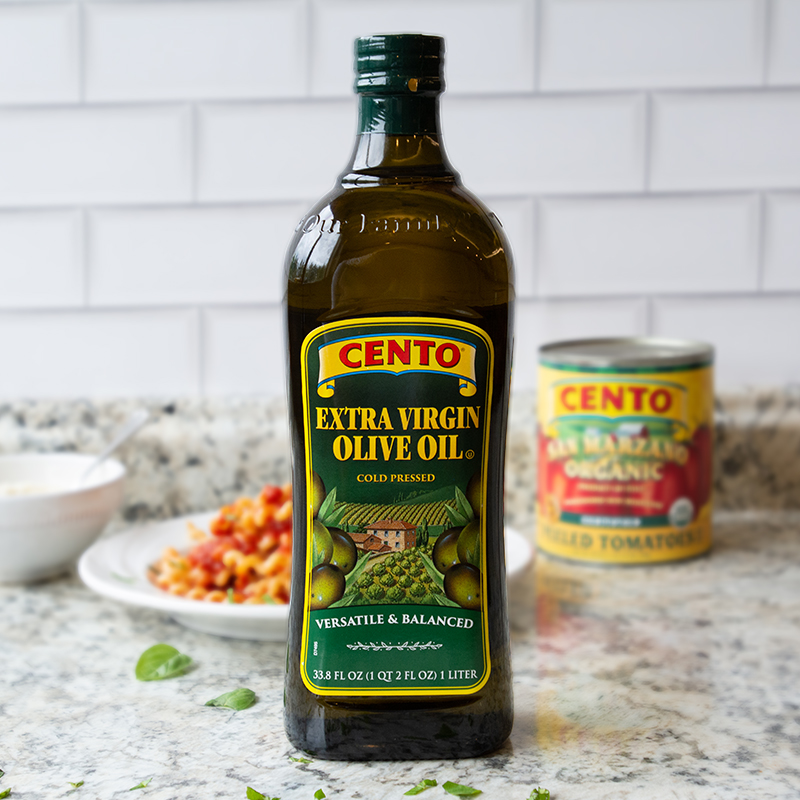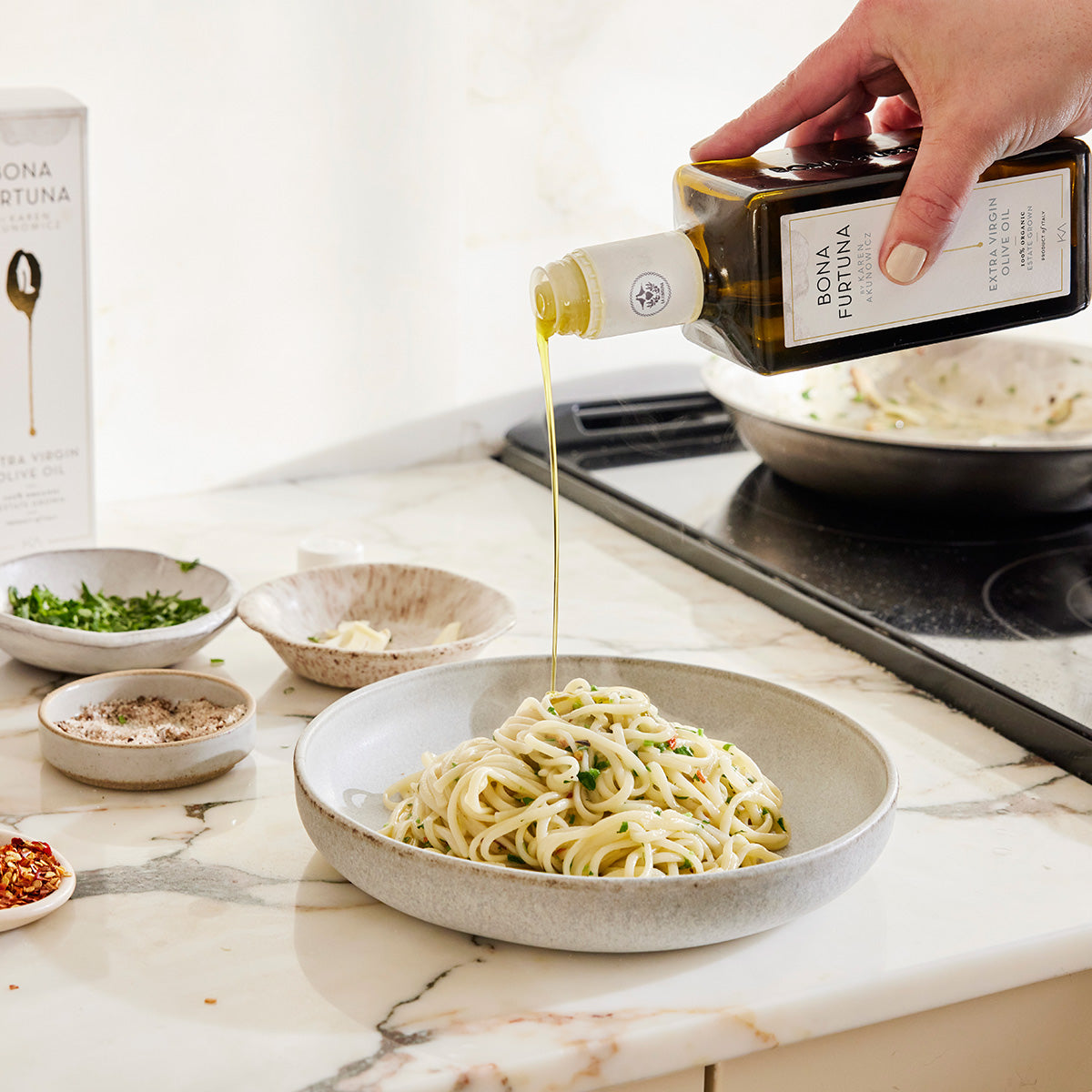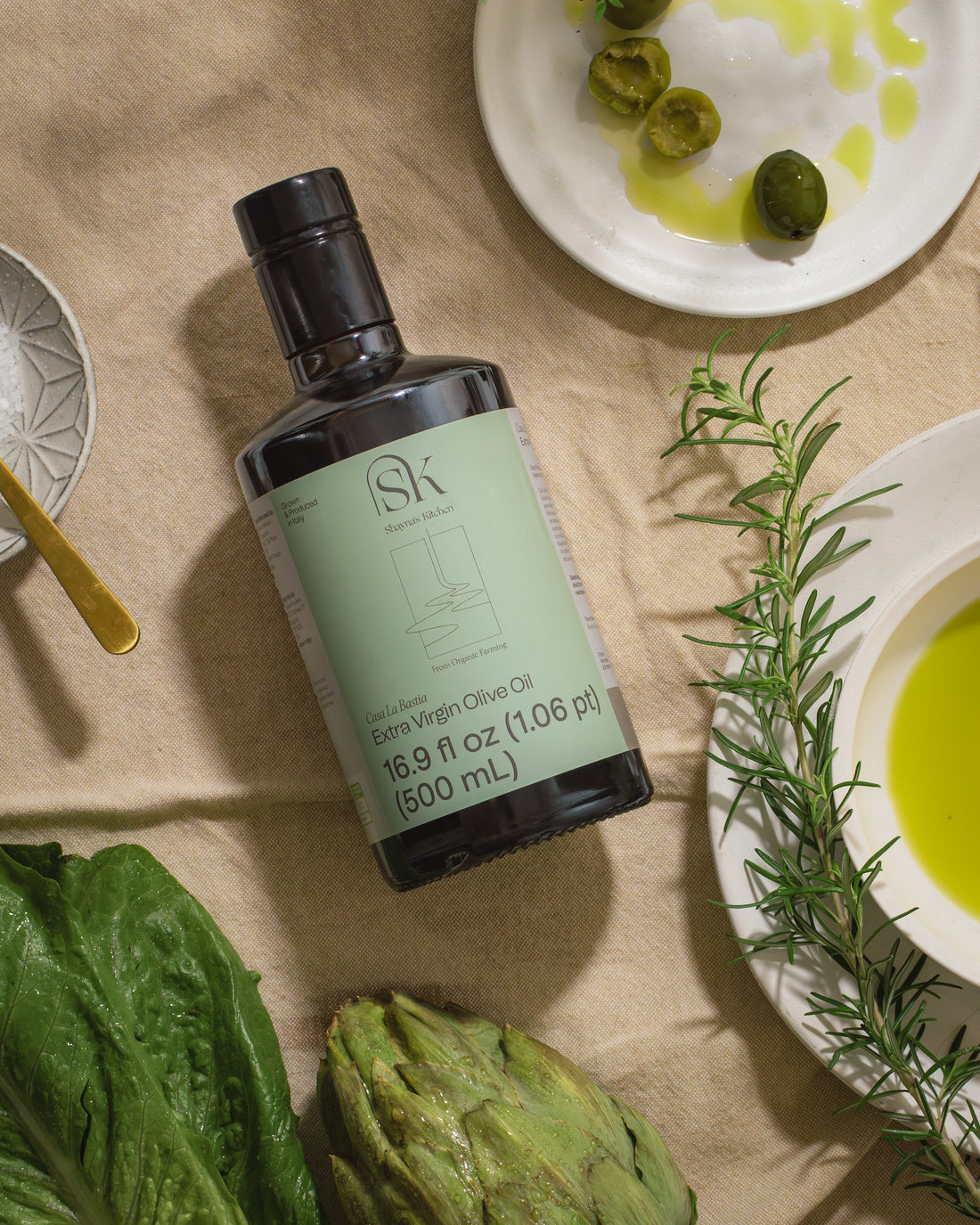Extra Virgin Olive Oil Benefits: How It Supports Healthy Cholesterol Levels
Checking Out the Different Sorts Of Olive Oil and Their Uses, Consisting Of Additional Virgin Olive Oil
The exploration of olive oil incorporates a diverse variety of types, each offering distinct flavors and culinary applications. Extra virgin olive oil, renowned for its remarkable quality and wellness benefits, acts as a staple in many cooking areas, yet it is only one element of this complex active ingredient. extra virgin olive oil benefits. Various other selections, such as polished and pure olive oils, likewise warrant focus for their unique properties and usages. Recognizing these differences can dramatically impact both food preparation techniques and flavor accounts. What, then, should one think about when picking the right olive oil for a certain cooking endeavor?
What Is Olive Oil?
Derived from the fruit of the olive tree, olive oil is a staple in Mediterranean cuisine and an essential active ingredient in numerous cooking applications. This versatile oil is created by pressing entire olives, causing a fluid that differs in taste, shade, and fragrance depending on the kind of olives used, the region of cultivation, and the extraction process. Olive oil is primarily composed of monounsaturated fats, particularly oleic acid, which is known for its potential health benefits, including anti-inflammatory residential or commercial properties and cardiovascular support.
In addition to its culinary usages, olive oil has a lengthy background of application in standard medicine and skincare, owing to its abundant antioxidant web content (extra virgin olive oil benefits). The oil is usually made use of in dressings, marinates, and for cooking techniques such as sautéing and roasting. Its unique flavor account can boost the preference of different dishes, making it a necessary ingredient for both home cooks and specialist chefs
Furthermore, olive oil is commemorated for its role in the Mediterranean diet plan, which is connected with numerous wellness advantages. As awareness of these benefits expands, olive oil remains to gain appeal worldwide as an essential component of a healthy and balanced way of living.
Types of Olive Oil
Understanding the different kinds of olive oil is crucial for both culinary fanatics and health-conscious consumers. Olive oil is classified mostly based on its extraction approach and quality, which dramatically affects its health, scent, and taste advantages.

Light olive oil, in spite of its name, refers to a lighter taste and not lower calories. It is perfect for those looking for a much more subtle preference in marinades and dressings. In addition, there are flavorful olive oils infused with natural herbs, flavors, or citrus, which can enhance recipes without the need for added spices.
Each sort of olive oil offers specific cooking purposes, and recognizing these differences permits consumers to make informed options that align with their food preparation styles and health and wellness goals.
Additional Virgin Olive Oil
Extra virgin olive oil (EVOO) is commonly concerned as the finest quality olive oil readily available, popular for its abundant flavor and countless wellness benefits. To be categorized as added virgin, the oil needs to be created from fresh olives utilizing mechanical processes, without making use of solvents or too much warmth. This careful method protects the oil's all-natural flavors, you can find out more anti-oxidants, and healthy and balanced fats, resulting in an item with a reduced acidity level of much less than 0.8%.
EVOO is bountiful in monounsaturated fats, especially oleic acid, which is connected to lowered inflammation and enhanced heart wellness. It also includes polyphenols, effective anti-oxidants that may provide safety results versus chronic diseases. The flavor account of EVOO can differ significantly depending upon the olive range and area of manufacturing, varying from grassy and fruity to robust and peppery.

Culinary Utilizes of Olive Oil

In cooking, olive oil can be made use of for sautéing, toasting, and barbecuing, supplying a healthier alternative to butter or various other fats. Its high smoke factor makes it appropriate for different cooking methods, while its anti-oxidants add to a heart-healthy diet plan. Drizzling olive oil over finished recipes, such as pasta, fish, or barbequed vegetables, can elevate tastes and add a touch of elegance.
Moreover, olive oil plays a substantial function in baking, where it can change standard fats in recipes for bread and breads, giving moisture and a refined preference. It also functions as a base for infused oils, allowing cooks to experiment with tastes such as garlic, herbs, or chili, further broadening its culinary possibility. Overall, olive oil's versatility makes it essential in both home and specialist kitchen areas.
Choosing High Quality Olive Oil
When selecting top quality olive oil, it's important to consider numerous essential variables that influence the item's health and wellness, fragrance, and flavor benefits. Most importantly, go with added virgin olive oil (EVOO), which is stemmed from the very first cool pressing of olives and includes the highest possible levels of antioxidants and valuable compounds. Search for oils that are licensed by identified organizations, as this typically makes sure adherence to rigorous quality standards.
The packaging likewise plays a considerable duty in maintaining the oil's integrity. Choose oils stored in dark glass bottles or tins to safeguard against light deterioration. Take note of the harvest day; fresher oils supply premium taste and dietary worth, so pick items that are within 18 months of their harvest.
Additionally, consider the origin of the oil. High-grade olive oils often come from specific areas recognized for their distinctive taste accounts, such as Italian, Spanish, or Greek oils. Be conscious of the taste; a good quality olive oil need to have an equilibrium of fruity, bitter, and sharp notes, suggesting its richness and intricacy. By reviewing these aspects, you can ensure you are choosing the most effective olive oil for your cooking requirements.
Final Thought
In summary, the expedition of various kinds of olive oil exposes distinct attributes and applications, with extra virgin olive oil representing the peak of quality due to its low level of acidity and high antioxidant content. Comprehending the various varieties of olive oil permits for informed choices go to my site in food preparation approaches, promoting healthier techniques while enriching the general gastronomic experience.
Obtained from the fruit of the olive tree, olive oil is a staple in Mediterranean food and a key component in numerous cooking applications.The most common types of olive oil consist of improved olive oil, pure olive oil, and light olive oil.Extra virgin olive oil (EVOO) is widely related to as the highest possible quality olive oil available, renowned for its abundant taste and countless health benefits. Choose for additional virgin olive oil (EVOO), which is acquired from the initial cool pushing of olives and contains the highest levels of antioxidants and helpful substances.In recap, the expedition of numerous kinds of olive oil discloses distinctive characteristics and applications, with extra virgin olive oil representing the pinnacle of quality due to its low level of acidity and high antioxidant web content.